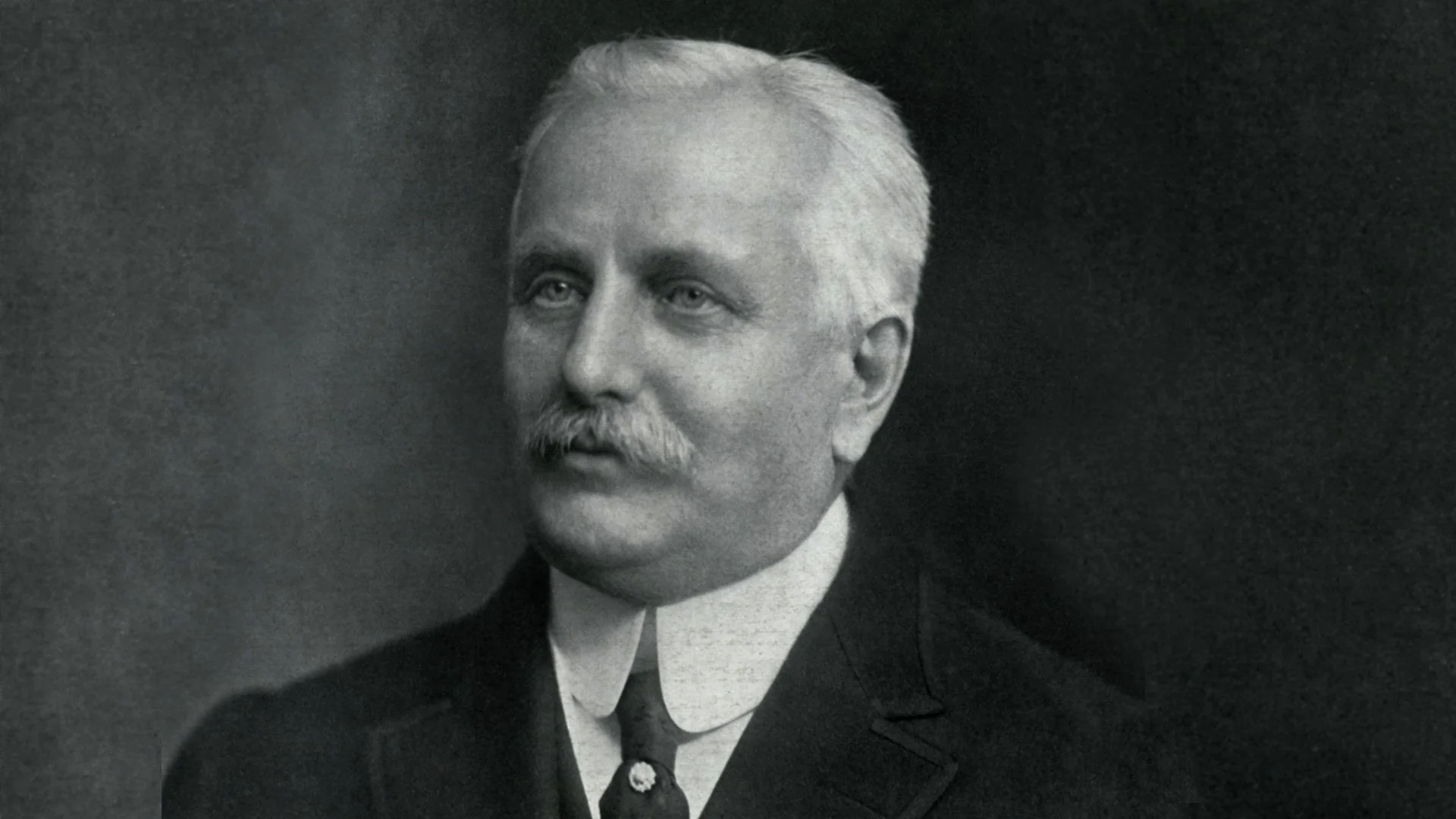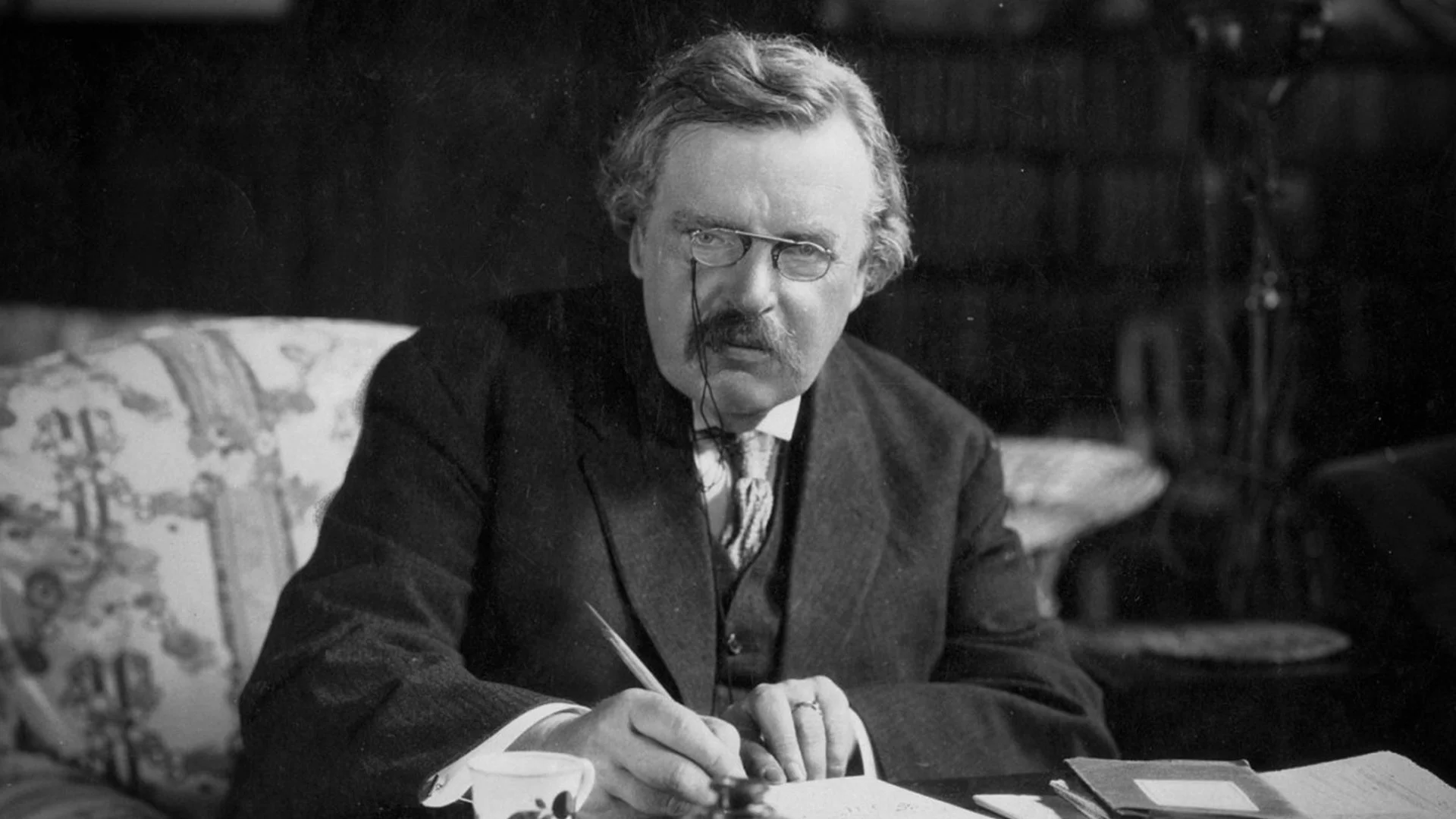If we really value patience as a culture, then we’re not showing it. In fact we’re creating a society in which we’re willing to wait on virtually nothing. Overnight shipping. Walking around with phones in every pocket. Self-checkout at the grocery. Express lanes on the highway. Nobody wants to wait on anything for any reason. A great leader, though, must develop the discipline of patience.
Patience is the recognition that things of value take time. One doesn’t become successful, or paint a masterpiece, or build a close-knit family, overnight. The response to the need for patience is persistence. While it might seem outwardly that others are going from zero to 100% in a moment, the digital age we live in just compresses the actual time and effort. Have you ever seen instructional videos on YouTube for cooking a meal or building something? Do you notice that they are sped-up many times to compress hours or days into a few seconds? It’s this perception of instant gratification that has influenced our culture away from the virtue of patience, of being willing to wait.
There is great spiritual value in waiting. God often uses the passing of time to instruct us in His ways. Sometimes we say we trust God’s timing, but the way we behave belies the fact we really wish God would just get on with it. Patience also gains you something practical as a leader—a sense of understanding. Proverbs 14:29 says, “Whoever is patient has great understanding, but one who is quick-tempered displays folly.” Wisdom and experience, key differentiators for great leaders, comes from the discipline of patience. How can you develop more patience?
A calm demeanor. Patient leaders are calm people. They have learned not to be anxious when the answer they are looking for has not yet presented itself. Developing a calm demeanor is both a physical and mental exercise. Consider keeping a journal to record your thoughts. Get enough rest at night. Exercise regularly and get outside often. Take breaks during the day including standing and walking, and use breathing exercises.
2 Timothy 1:7 reminds us, “For God gave us a spirit not of fear but of power and love and self-control.” When the urge to be impatient arises, consider whether you are a participant or observer in the situation. It’s more calming to take the position of the observer—remind yourself that you are not in control and must wait for something to happen. When you are not in control, rely on the spirit of self-control that God promises to those who follow Him. In the waiting, there’s no need to get excited or anxious.
Not easily provoked. Patient leaders don’t have knee-jerk reactions to situations or circumstances. When describing the love that Christian leaders should possess, 1 Corinthians 13:5 says, “It does not act disgracefully, it does not seek its own benefit; it is not provoked, does not keep an account of a wrong suffered…” Being easily provoked is an unloving way to respond to offenses and grievances.
Do some people know how to push your buttons? Remember that being provoked is your reaction to a given circumstance. If you are easily provoked then you are easily controlled. You are allowing something outside of you to disturb and prompt your reactions. When you are provoked, you can maintain your control by first choosing not to speak. Instead let your mind consider what is angering you instead of formulating a response. Another exercise is to put time between you and a response. Avoid the temptation to immediately say or do something, and think instead, “Let me consider this overnight” or “I’ll respond after I’ve had time to pray about it".
Acquainted with suffering. Patient leaders persevere in the face of delay, disrespect, strain and difficulty. They endure pain. Patience is most evident in a person who is enduring hardship. It’s important to know that a relationship with Jesus does not remove all of the difficulties that will come through our lives. It’s often said that Jesus is with us “through the storms” versus that Jesus simply calms every storm. Leaders must realize that how we lead through challenges and even suffering is a powerful example of our faith and a means to grow our leadership capacity.
When speaking of Jesus, the coming Messiah, Isaiah 53:3 says, “He was despised, and rejected of men; a man of sorrows, and acquainted with grief…” Jesus knows the pain that we endure in life because He too is acquainted with it. Jesus endured pain—physical, mental and spiritual. In the same way that Jesus knows our pain, when we patiently endure suffering we also better understand the pain that others go through.
Suffering sometimes happens in our lives because of sin in our lives (Romans 5:12, 1 Corinthians 15:21). But for the Christ-follower, suffering is also a tool God uses to make us more like Himself, and as tests of our faith. Suffering forces us to confront our true nature, to look inward and muster the courage to persevere in spite of the negative. Suffering can reveal gratitude to God for His faithfulness to be with us in every situation, no matter how difficult. When we are patient through suffering, we may become better leaders (Romans 5:3-5, James 1:2-4). If you are suffering, perhaps God is using it as an opportunity to build a patient mindset in you. Look at suffering as a means to grow spiritually and in your capacity to lead faithfully.
































A creed is a formal statement of essential beliefs. The word “creed” comes from the Latin “credo” meaning, “I believe.” You can adopt The Brothers’ Creed as a statement of belief for your Men’s Table.